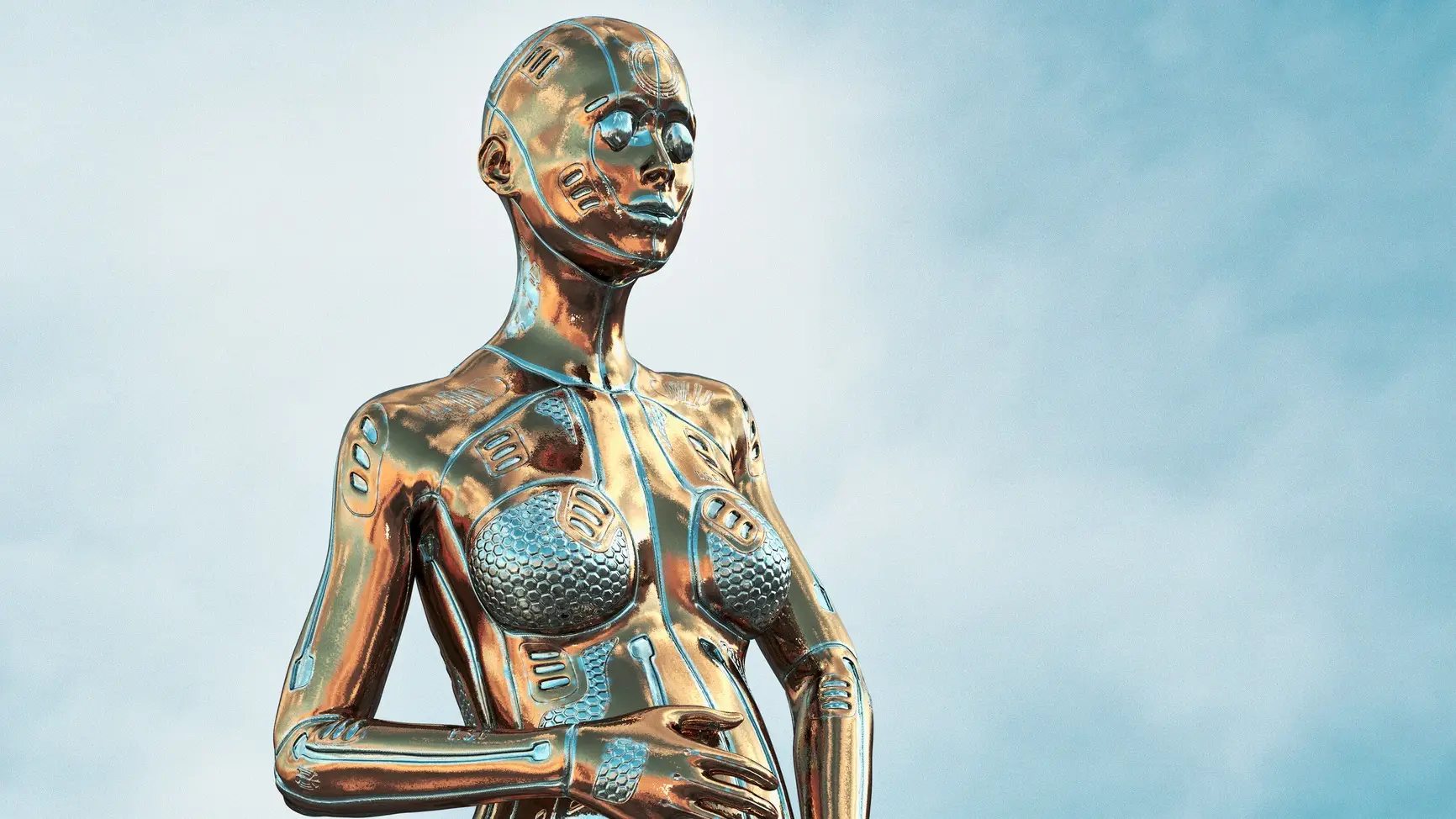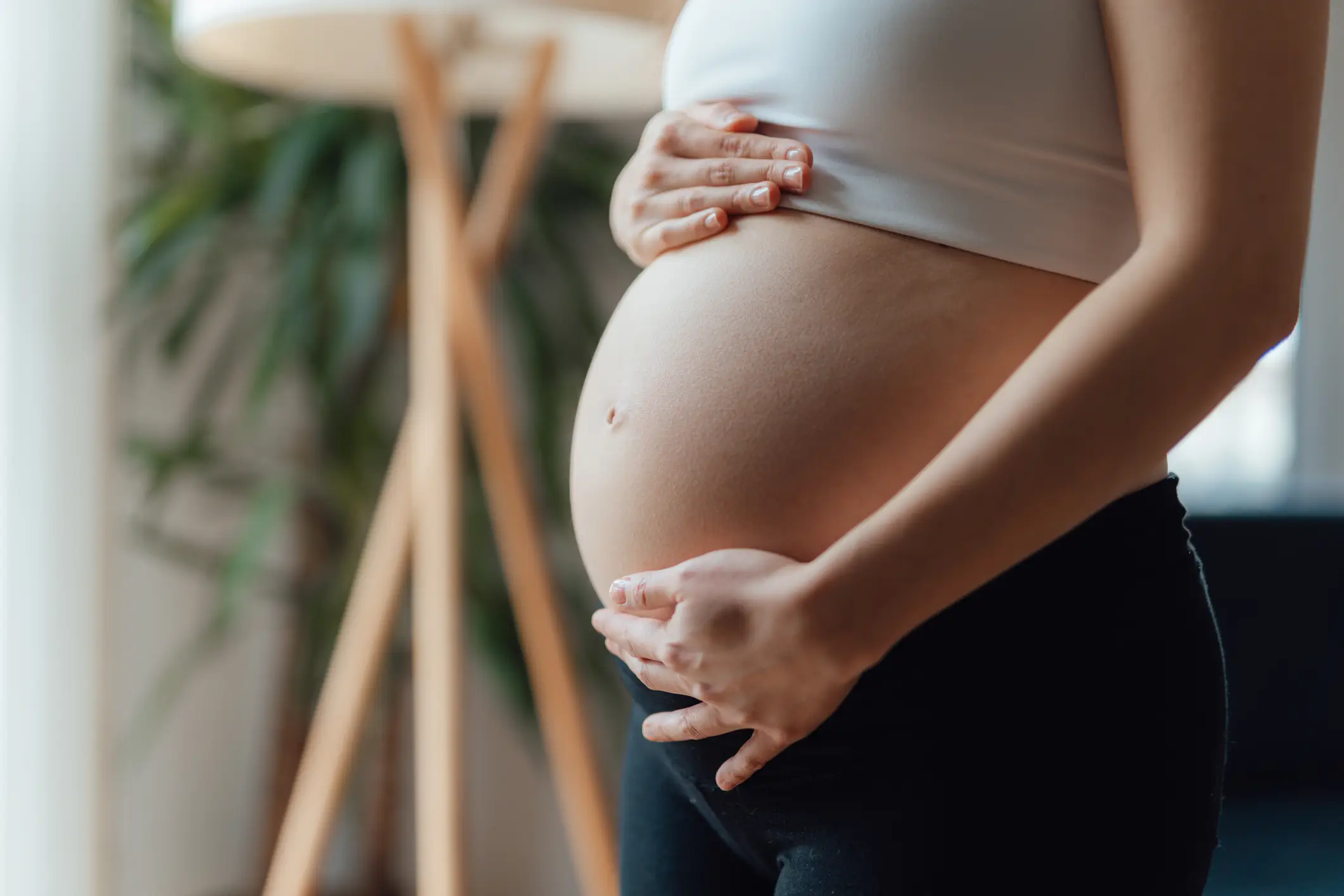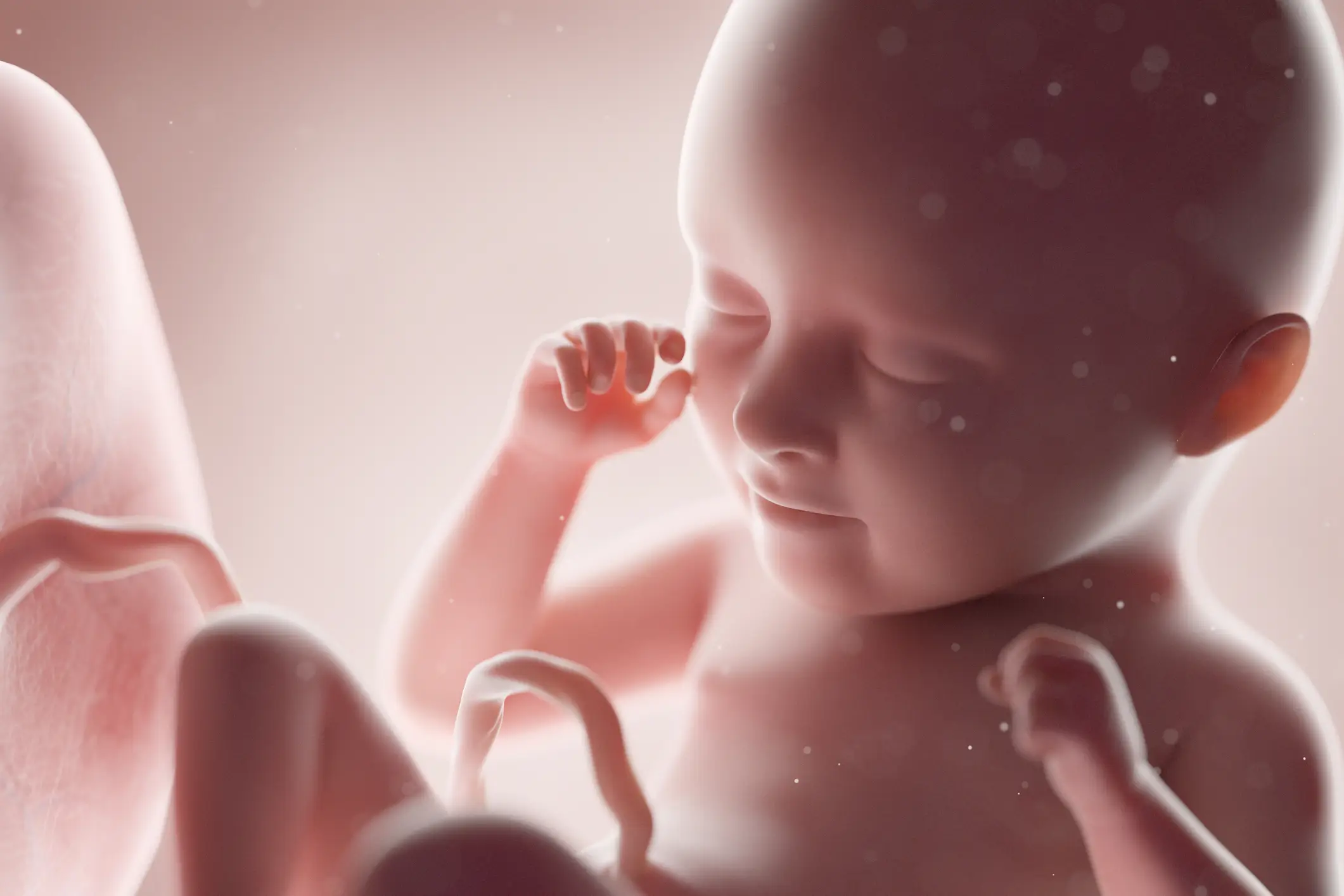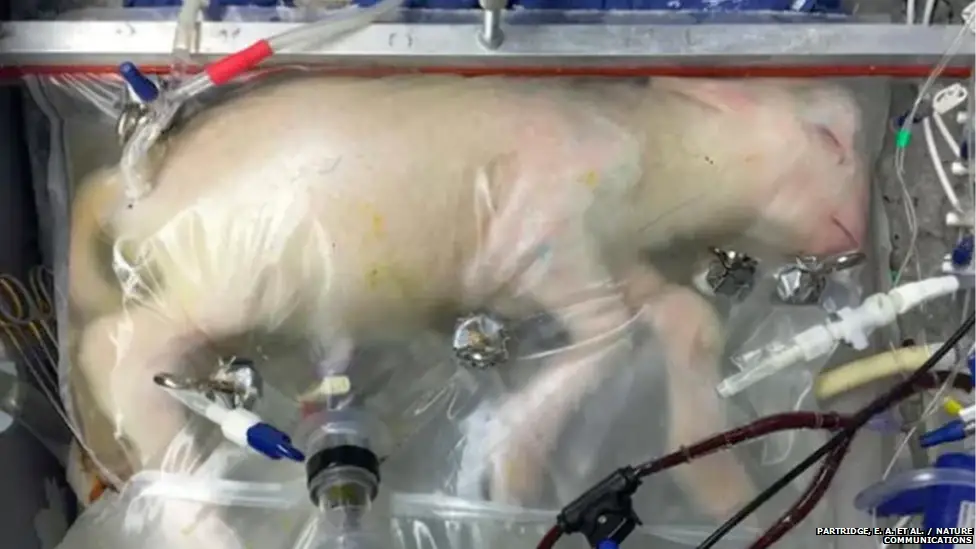
While everyone's been out panicking about AI, technology elsewhere has been taking a huge step towards something unheard of.
According to scientists in China, the first-ever humanoid robot to carry and give birth to a live baby might be closer to reality than we think.
Given that humanity's first IVF (In Vitro Fertilisation) baby was born under 50 years ago, it's fair to say that the exponential development of technology is unfolding right in front of our eyes.
Experts believe that the tech will be able to successfully mimic a pregnancy from conception, all the way to delivery.
Advert
While it is still in the development stages, it would involve an artificial womb and nutrients being fed to the foetus through a tube.
But the bottom line is that within nine months, the baby will be born, according to health experts working on the project.
How much will China's pregnancy robot cost?

The technology is at a 'mature stage' according to Dr Zhang Qifeng, the founder of Kaiwa Technology in Guangzhou, China.
His company are responsible for leading the research into the possibility, as he added: “Now it needs to be implanted in the robot’s abdomen so that a real person and the robot can interact to achieve pregnancy, allowing the foetus to grow inside.”
The Nanyang Technological University graduate will sell a prototype of the robot for about £10,000 (100,000 yuan) in 2026 if all goes to plan.
How will China's pregnancy robot work?
Reports from local media claim that the robot is designed to mimic the whole process of pregnancy, though the process behind how the egg and sperm are fertilised currently isn't clear.
It's said that the baby will live inside the robot's body for the gestation period, with many remaining unsure on how the foetus will be implanted in the artificial womb.

Dr Zhang explained that artificial amniotic fluid will be used around the babies to create an environment similar to the womb.
He admitted that the tech isn't brand new, as scientists have kept premature lambs alive in a 'biobag' in the past for weeks.
Despite the step in technological advancement, ethical and legal debates have already started on the process.
What do critics say about China's pregnancy robot?

The doctor claims he has already been in touch with Guangdong Province authorities to prepare drafts for legislation and policy, in a move that would change medical science forever.
However, others have been sceptical about the humanoid's ability to successfully replicate human gestation.
They claim that maternal hormone secretions, among other biological process, simply cannot be duplicated.
An article written by researchers rom The Children’s Hospital of Philadelphia stated that similar tech could 'pathologise' pregnancy, despite others arguing that women would no longer face the mental and physical challenges of carrying a baby for nine months.
Topics: Artificial Intelligence, China, Technology, Health